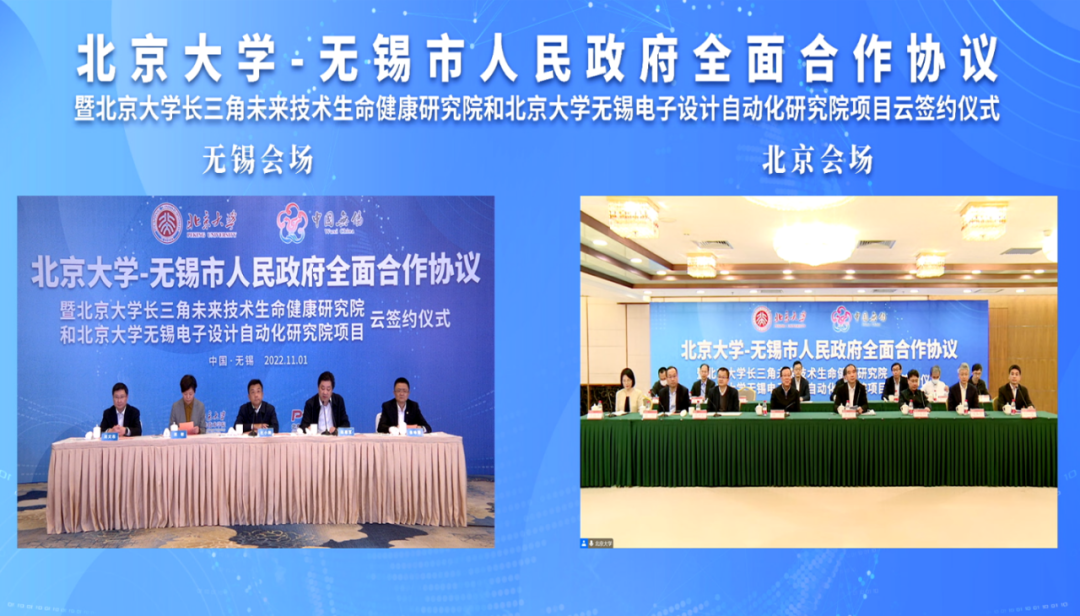A lot of the companies were being excessively cautious in their interpretation of the original order in order to not violate them.
What US has done is really unprecedented and will have very deep implications.
But we need to wait few months for the dust to settle to even evaluate the short-term impact. Now it's just random noise and click-bait titles. Now is good only for media and journalists. Who really wants to understand what happened unfortunately needs to wait some more months IMO. Even who wrote this new rules has no idea of the actual impact.
Some new rules have more deep implications than others. For me the two that will have very long term effects are:
1. Decision to suspend after sales services and technical assistance literally on the spot. This is unheard of in any kind of industry, even much less critical than semiconductor manufacturing. It means crucial and indispensable trust between customer and supplier is lethally broken and will never be restored, no matter what. It is the end of high-tech US companies in China market. Maybe it will take some more years to pan out fully, but is unavoidable now. Without trust there cannot be any business relation.
2. Decision to limit freedom of work for US persons This will be challenged in court for sure, but beside this pretty legal point, it represents a watershed moment. Study and working in US for Chinese people involved in STEM disciplines will never be the same again.

